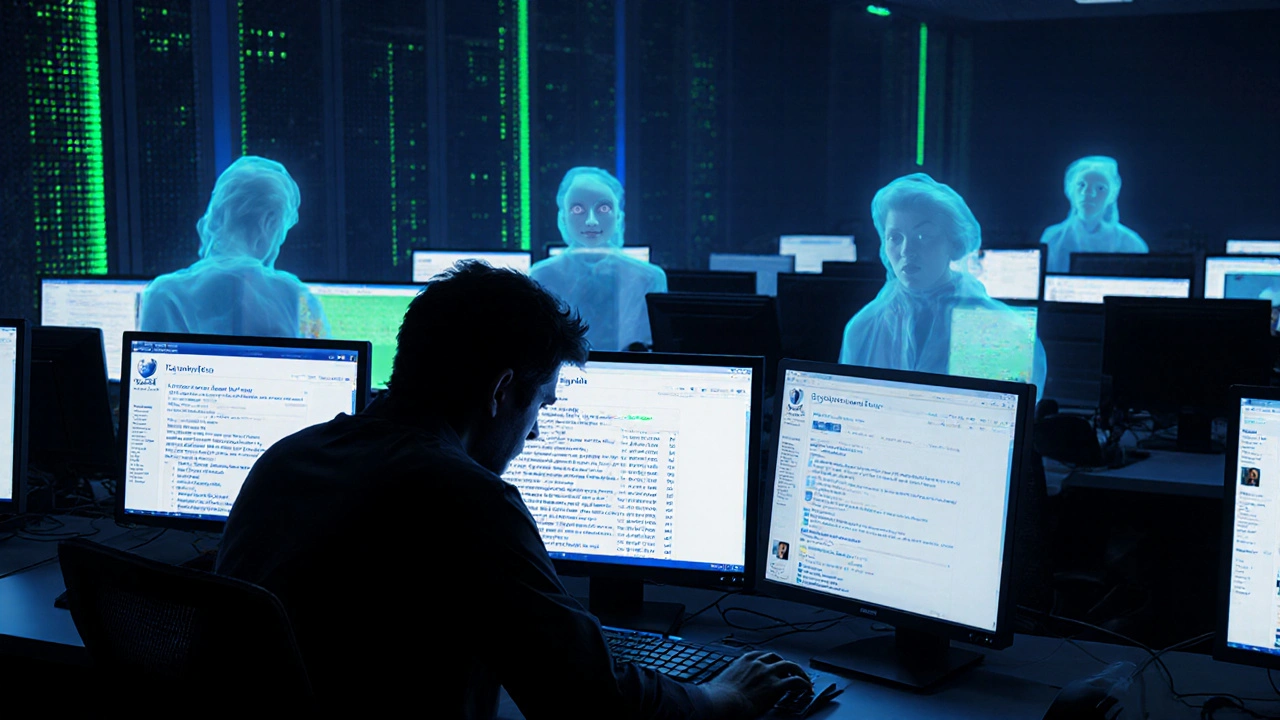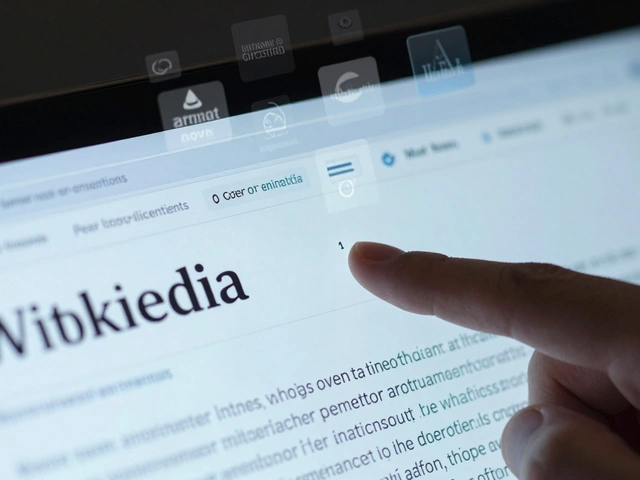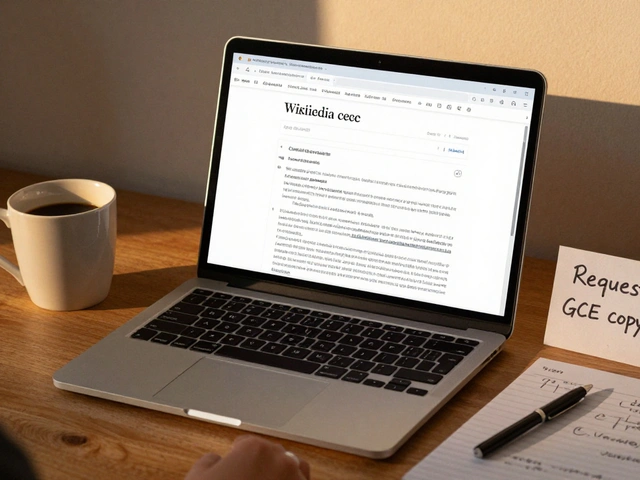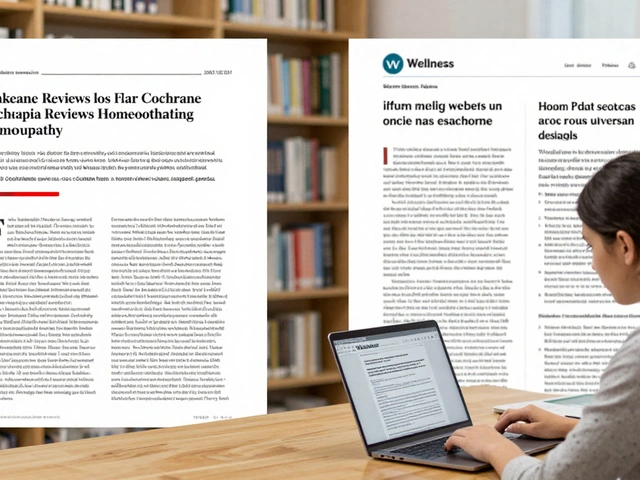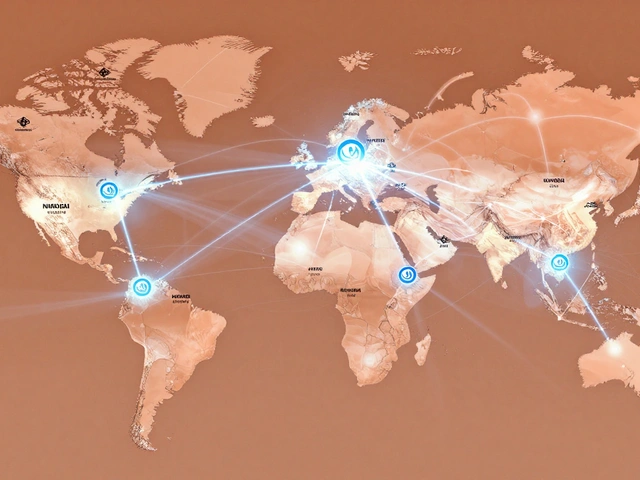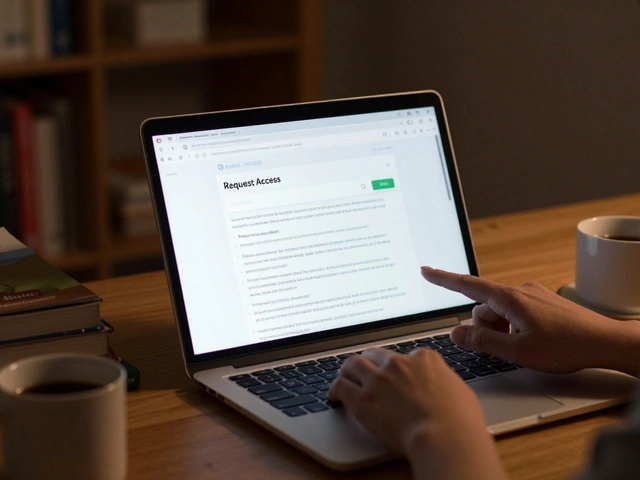Arbitration Committee: How Wikipedia Handles Its Toughest Disputes
When Wikipedia editors can’t agree—when edits turn into wars, when accusations fly, when bans are ignored—the Arbitration Committee, a final appeal body made up of experienced Wikipedia volunteers that resolves the most serious editor conflicts. Also known as ArbCom, it’s the last stop before blocks become permanent and pages get locked down. This isn’t a court in the traditional sense. There are no lawyers, no judges in robes. Just volunteers who’ve been around long enough to know when someone’s gaming the system, when a dispute is really about power, and when a policy has been stretched too far.
The Arbitration Committee doesn’t start cases. It only steps in after months of talk pages, mediation attempts, and warnings have failed. It’s not for minor disagreements over comma usage. It’s for repeat offenders, coordinated sockpuppet campaigns, doxxing, harassment, and systemic bias that’s poisoning article quality. The Wikipedia governance structure leans on this committee because there’s no other way to stop a small group from hijacking a topic for years. And while it’s controversial—some say it’s too secretive, others say it’s too slow—it’s the only thing that stops the site from unraveling under its own weight.
The Wikipedia policies that ArbCom enforces aren’t written in stone. They’re built from years of community consensus, and the committee’s job is to apply them fairly—even when it means banning someone who’s contributed hundreds of good edits. That’s the hard truth: on Wikipedia, even good editors can break the rules so badly that they lose their privileges. The editor conflicts that reach ArbCom often involve deep personal rifts, cultural misunderstandings, or ideological battles over what counts as "neutral". The committee doesn’t pick sides. It looks at evidence: edit histories, private messages, patterns of behavior. And it issues remedies: topic bans, editing restrictions, or full blocks. These aren’t punishments. They’re damage control.
What you won’t find in the public reports is how much time this takes. Each case can take weeks to investigate. Volunteers spend hours reviewing diffs, cross-checking usernames, and writing detailed decisions that become part of Wikipedia’s living history. And every decision sets a precedent. That’s why ArbCom rulings are studied, quoted, and sometimes challenged. They shape how editors behave—not just on the pages they edit, but in how they treat each other.
There’s no other platform like this. No other encyclopedia has a volunteer-run justice system that handles thousands of disputes a year. And yet, most people have never heard of it. That’s part of Wikipedia’s quiet strength: the system works because the people who care enough to fix it, actually do. The arbitration committee isn’t perfect. But without it, Wikipedia would be a mess of reverted edits, blocked users, and broken trust. What follows are real stories, deep dives, and breakdowns of how this system plays out in practice—from the quiet mediation that stops a feud before it starts, to the public rulings that change how entire communities edit.
ArbCom Election Controversies: Campaigns, Alliances, and Outcomes on Wikipedia
ArbCom elections on Wikipedia are high-stakes battles over power, bias, and control. Learn how campaigns, alliances, and voter turnout shape the future of the world's largest encyclopedia.
